- 53 Posts
- 69 Comments

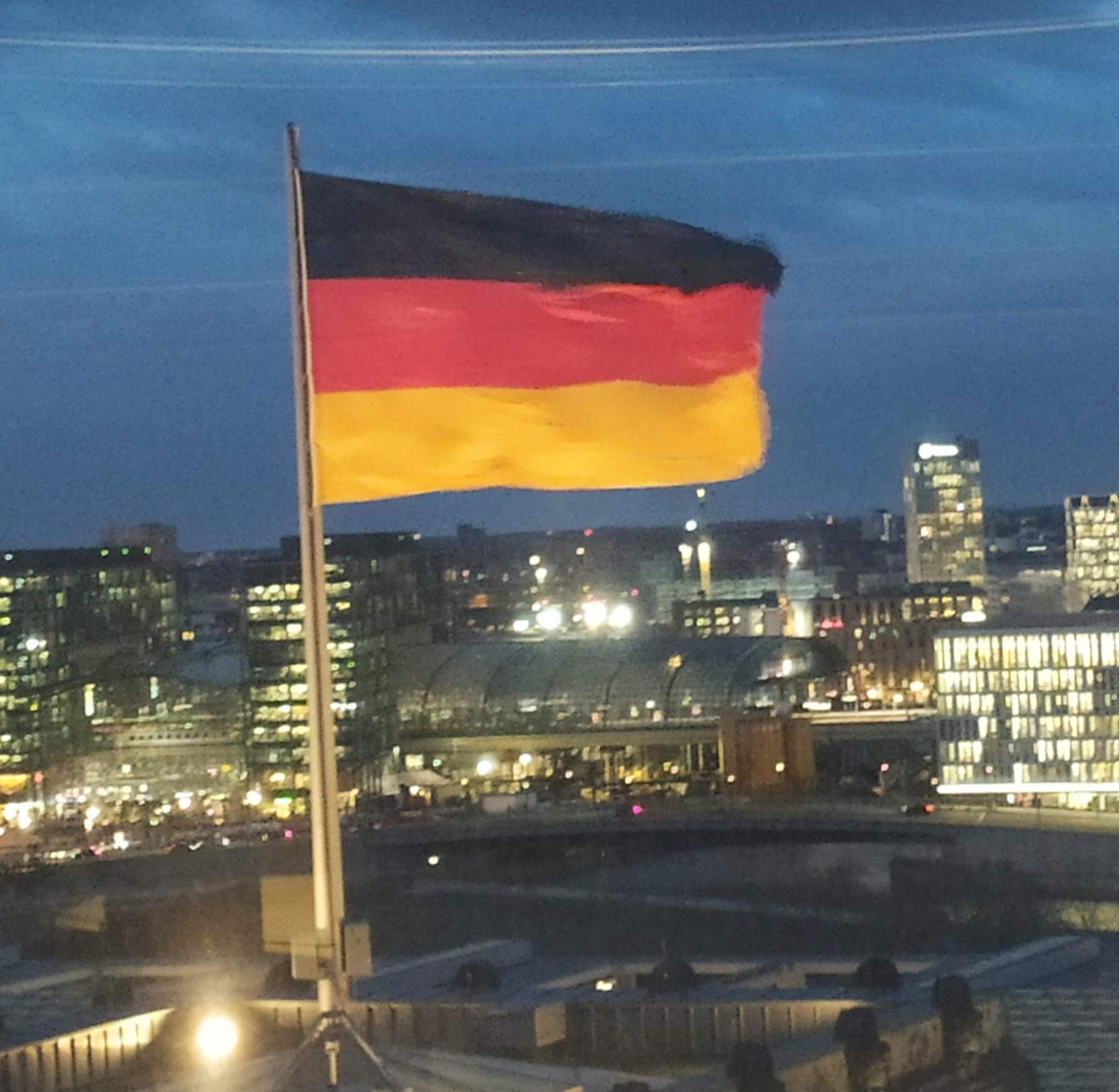 6·11 days ago
6·11 days agoSie verkauft mehr Bücher und Vorträge, wenn sie noch in der Öffentlichkeit (also Fernsehen und Zeitungen) auftaucht. Ohne Krawall ist sie nicht gefragt und sie muss das Narrativ spinnen, dass sie noch Einfluss hat.
Cute. I wouldn’t mind waiting with them.
Waiting for the bus that’s late again…
So cute and so fragile at the same time 🥰
They are Eurasian eagle-owls (bubo bubo).
No problem. I won’t come looking. If you had hidden owlets however… 😁
Hiding yourself or hiding
treasureowlets?
She takes her responsibility very seriously. 🦉
They are! But most of the time Mom is hiding them.
Some birds are just meant to be (foster)parents.
OT: I have an older budgie that is very caring towards his flock mates. He even started feeding one of my cockatiels that was young at the time and still made baby noises.
Good foster parent! That expression says it all: Leave them kids alone or I’ll claw your eyes out!"
diskussionswürdig
Dann müsste man jetzt aber für alle Fallkonstellationen und die einzelnen Bundesländer die Rechtmäßigkeit einer polizeilichen Maßnahme durchprüfen. Dir ging es ja um den Platzverweis.
Und da wird man wohl letztendlich dazu kommen, dass die Polizei dich wegschicken darf, um dadurch die ordnungsgemäße Durchführung einer der Sicherheit und Ordnung dienenden Geschwindigkeitskontrolle des Verkehrs zu ermöglichen.
Wenn man ein Fahrzeug regelkonform davor abstellen kann, ist der Blitzer eh falsch aufgestellt.
Geht je nach Örtlichkeit wohl manchmal nicht anders.
Rechtlich nteressant würde es, wenn man sich selbst davor stellt. Kann die Polizei da einen Platzverweis erteilen?
Mir fällt zumindest kein Grund ein, warum sie es nicht könnte. Und dem sollte man Folge leisten.
Besprühen dürfte grundsätzlich darunter fallen. Ist halt die Frage, ob das unter beschädigen, verändern oder unbrauchbar machen fällt. Wenn jemand einen großen Strafrechtskommentar hat, könnte man da mal blättern.
Vor den Blitzer stellen ist interessant. Man zerstört oder beschädigt das Gerät dabei nicht. Beseitigen trifft nicht zu, weil das eine Entfernung der Sache voraussetzt. Wenn man etwas vor wichtige Teile klebt oder klemmt, dann würde es wohl drunter fallen. Wenn man ein entsprechendes Fahrzeug regelkonform davor abstellt (also ordnungsgemäßes Parken) dann könnte das zumindest den § 316b rauskegeln. Aber das ist keine Rechtsberatung, IANAL.

 6·29 days ago
6·29 days agoMir wird schlecht. Das Problem ist ja nicht, dass dort einige Ideen durchaus sinnvoll sind und auch für Bürger eine Vereinfachung und Erleichterung bringen können. Mich beunruhigt viel eher, was dort alles ohne vorherige Zustimmung gespeichert und zwischen den Behörden ausgetauscht werden soll. Das wird ein Datenschatz, auf den schon bald sehr viele (Behörden/Krankenkassen/Versicherungen/Wissenschaft&Forschung/Wirtschaft/Parteien/Kriminelle…) ihre gierigen Griffel legen wollen.


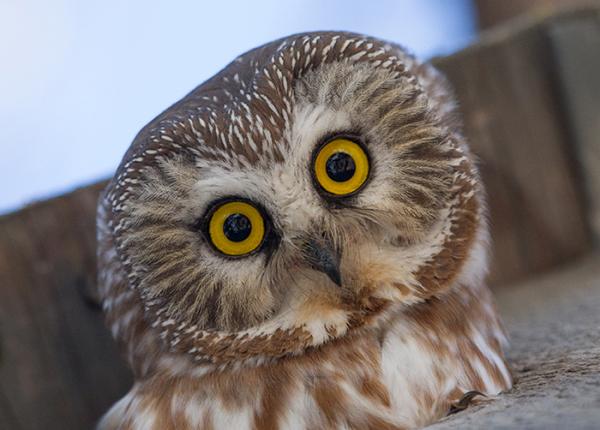
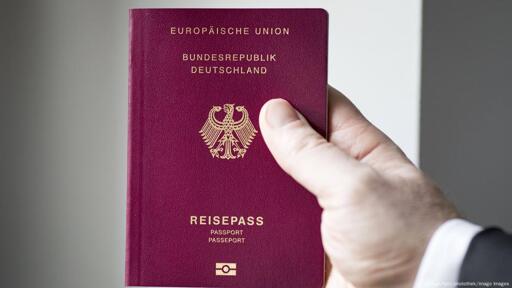



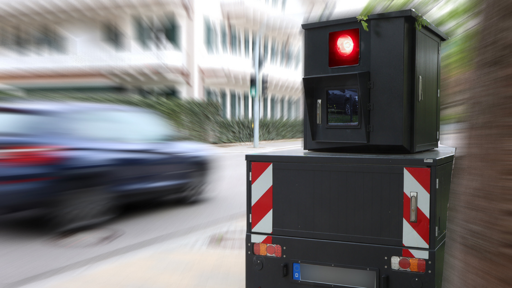
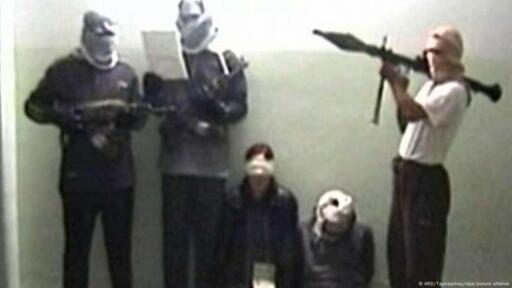

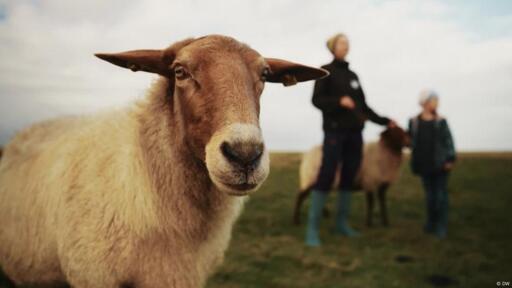





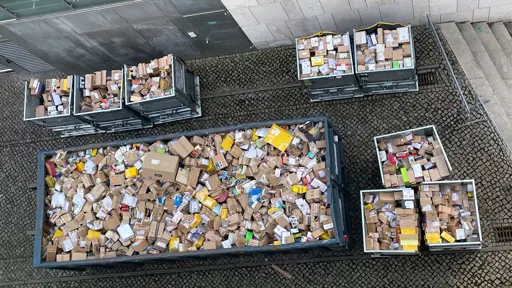
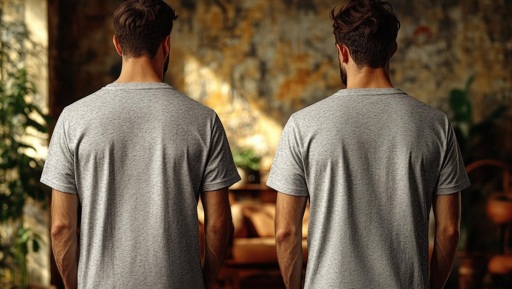

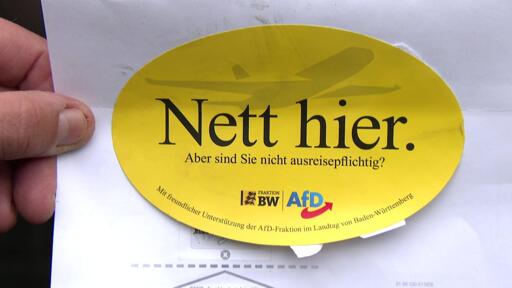
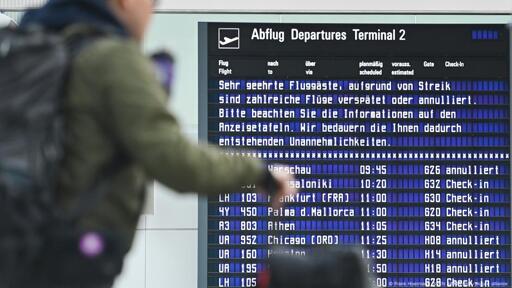
Smart Owlchitecture. In today’s edition AD visits Pygmy Owl